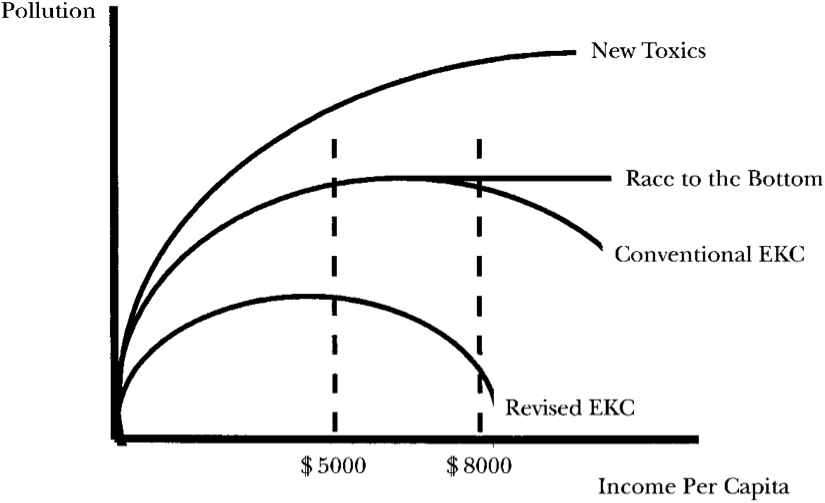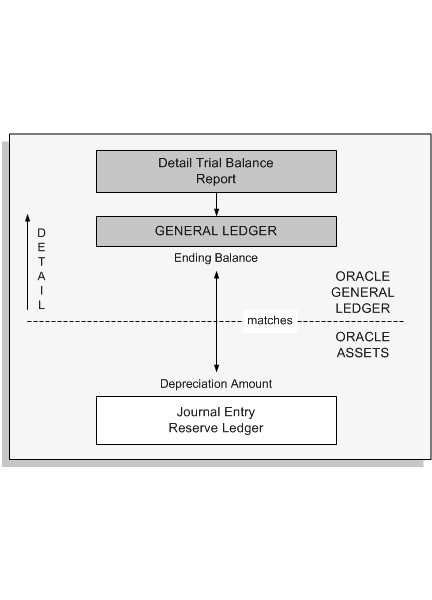Publication 535 (2014) Business Expenses
Post on: 16 Март, 2015 No Comment

Lease or purchase. There may be instances in which you must determine whether your payments are for rent or for the purchase of the property. You must first determine whether your agreement is a lease or a conditional sales contract. Payments made under a conditional sales contract are not deductible as rent expense.
The agreement applies part of each payment toward an equity interest you will receive.
You get title to the property after you make a stated amount of required payments.
The amount you must pay to use the property for a short time is a large part of the amount you would pay to get title to the property.
You pay much more than the current fair rental value of the property.
You have an option to buy the property at a nominal price compared to the value of the property when you may exercise the option. Determine this value when you make the agreement.
You have an option to buy the property at a nominal price compared to the total amount you have to pay under the agreement.
The agreement designates part of the payments as interest, or that part is easy to recognize as interest.
Leveraged leases. Leveraged lease transactions may not be considered leases. Leveraged leases generally involve three parties: a lessor, a lessee, and a lender to the lessor. Usually the lease term covers a large part of the useful life of the leased property, and the lessee’s payments to the lessor are enough to cover the lessor’s payments to the lender.
If you plan to take part in what appears to be a leveraged lease, you may want to get an advance ruling. Revenue Procedure 2001-28 on page 1156 of Internal Revenue Bulletin 2001-19 contains the guidelines the IRS will use to determine if a leveraged lease is a lease for federal income tax purposes. Revenue Procedure 2001-29 on page 1160 of the same Internal Revenue Bulletin provides the information required to be furnished in a request for an advance ruling on a leveraged lease transaction. Internal Revenue Bulletin 2001-19 is available at www.irs.gov/pub/irs-irbs/irb01-19.pdf.
In general, Revenue Procedure 2001-28 provides that, for advance ruling purposes only, the IRS will consider the lessor in a leveraged lease transaction to be the owner of the property and the transaction to be a valid lease if all the factors in the revenue procedure are met, including the following.

The lessor must maintain a minimum unconditional at risk equity investment in the property (at least 20% of the cost of the property) during the entire lease term.
The lessee may not have a contractual right to buy the property from the lessor at less than fair market value when the right is exercised.
The lessee may not invest in the property, except as provided by Revenue Procedure 2001-28.
The lessee may not lend any money to the lessor to buy the property or guarantee the loan used by the lessor to buy the property.
The lessor must show that it expects to receive a profit apart from the tax deductions, allowances, credits, and other tax attributes.
The IRS may charge you a user fee for issuing a tax ruling. For more information, see Revenue Procedure 2015-1 available at














